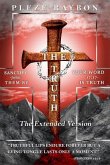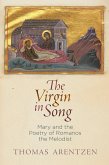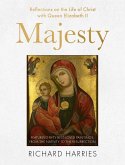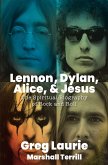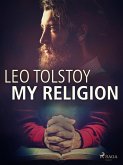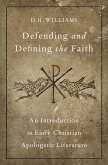The Wisdom of the Desert was one of Thomas Merton's favorites among his own bookssurely because he had hoped to spend his last years as a hermit.
The personal tones of the translations, the blend of reverence and humor so characteristic of him, show how deeply Merton identified with the legendary authors of these sayings and parables, the fourth-century Christian Fathers who sought solitude and contemplation in the deserts of the Near East.
The hermits of Screte who turned their backs on a corrupt society remarkably like our own had much in common with the Zen masters of China and Japan, and Father Merton made his selection from them with an eye to the kind of impact produced by the Zen mondo.
The personal tones of the translations, the blend of reverence and humor so characteristic of him, show how deeply Merton identified with the legendary authors of these sayings and parables, the fourth-century Christian Fathers who sought solitude and contemplation in the deserts of the Near East.
The hermits of Screte who turned their backs on a corrupt society remarkably like our own had much in common with the Zen masters of China and Japan, and Father Merton made his selection from them with an eye to the kind of impact produced by the Zen mondo.
Dieser Download kann aus rechtlichen Gründen nur mit Rechnungsadresse in A, D ausgeliefert werden.




